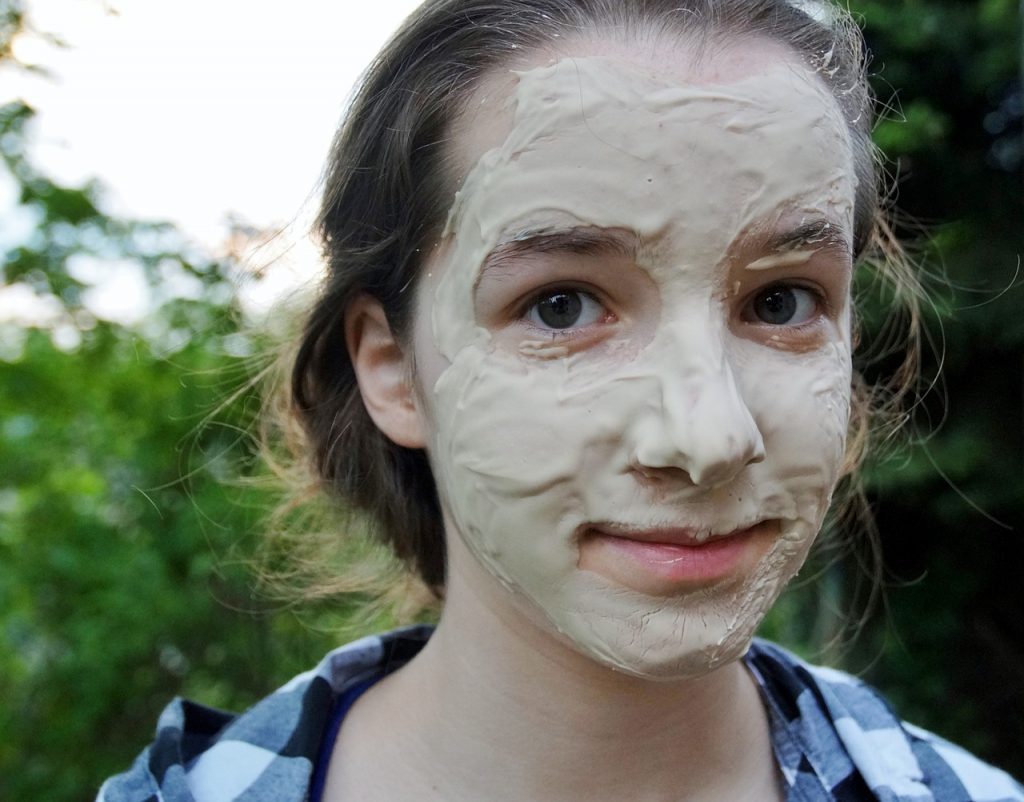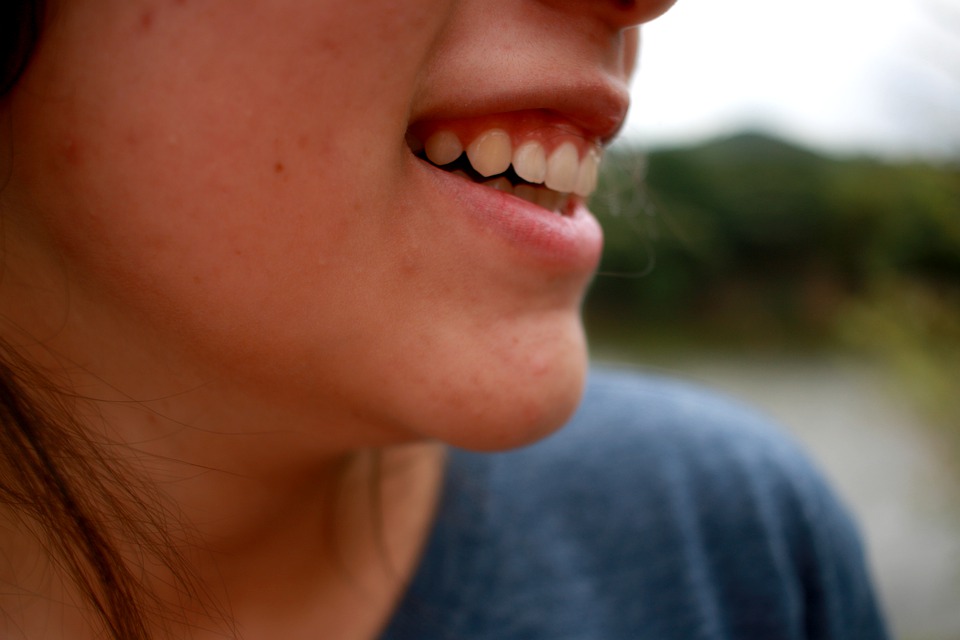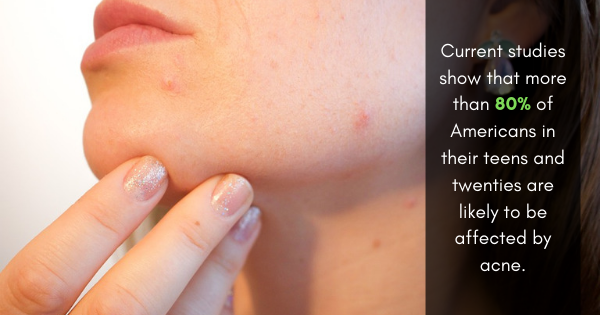
Topical vs Oral Acne Treatments: Which Works Best?
By Erika Luceri-Johnson
Whether you’re frequently plagued by breakouts or are prone to the occasional pimple, chances are you’ve spent a considerable amount of time trying out different combinations of treatments and regimens to help improve your complexion. But if your carefully chosen over-the-counter solutions aren’t working, it might be time to bring out the big guns — that means consulting a dermatologist for a prescription treatment to beat your breakouts and clear up your skin for good.
But what kind of treatment is preferable: topical or oral? Like most health-related issues, the answer to this question changes on a case-by-case basis, depending on the individual. That said, here are two of the most common types of acne, and the most effective treatment for each:
Comedonal Acne
Do you frequently find yourself breaking out with blackheads? These tiny, dark bumps (alongside whiteheads, their skin-colored counterpart) are a form of comedonal acne. Typically appearing on the forehead, chin, and nose, comedonal acne is a fairly mild form of acne, but should still be treated by a dermatology professional.
For comedonal acne, topical treatments are almost always the way to go. As WebMD points out, comedonal acne is caused almost exclusively by clogged pores (rather than by inflammation) — with that in mind, the simplest solution is to use a topical retinoid to dispel unwanted sebum, skin cells, and anything else that might be obstructing the pores. Topical formulations like tretinoin, tazarotene, and adapalene will help exfoliate your skin, gently pulling out blackheads and whiteheads and keeping your pores clear of unwanted oil and dirt.
Inflammatory Acne
If, on the other hand, you’re prone to large red pimples or cystic breakouts, chances are you suffer from inflammatory acne, which is much more difficult to treat with topical solutions. Inflammatory acne can take many forms — from papules (“inflamed lesions that usually appear as small, pink bumps on the skin”), and pustules, to cysts, (“deep, painful, pus-filled lesions that can cause scarring”), the root of inflammatory acne lies deeper than a few clogged pores.
While topical treatments can help inflammatory acne, topicals alone are typically not enough to significantly improve inflammatory acne. Oral treatments are extremely good at fighting off bacteria and significantly reducing inflammation, thereby minimizing breakouts and reducing the likelihood of scarring. When used in combination with topicals and the right face wash, oral treatments can diminish and even do away with nasty, inflamed breakouts.
The bottom line? While your dermatologist will undoubtedly work with you to find a treatment you’re comfortable with taking, remember that they have your skin’s best interest at heart. Oral antibiotics are prescribed so frequently because they’re safe, effective, and can help keep your skin scar- and pimple-free for years to come.
Looking for help with your acne? Join ClearlyDerm’s Virtual Acne Program for personalized treatments without the hassle of an in-office visit.









No Comments
Sorry, the comment form is closed at this time.